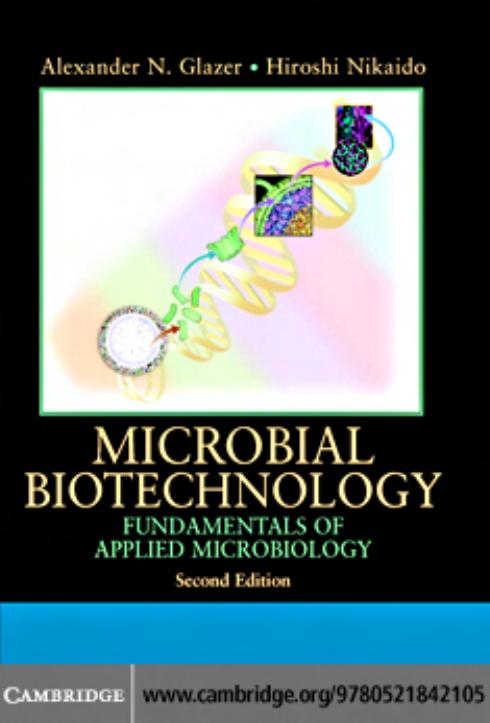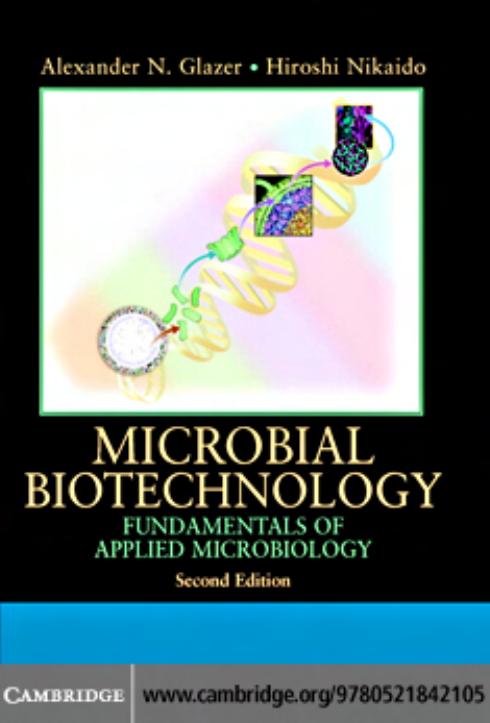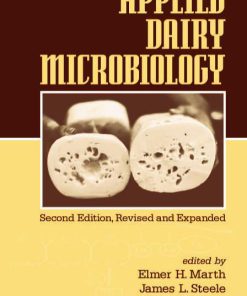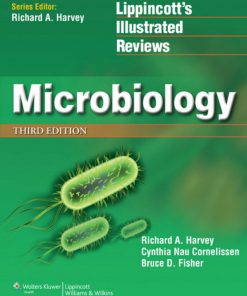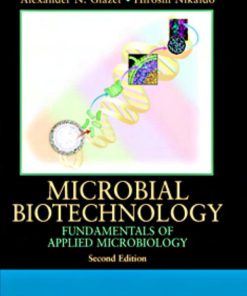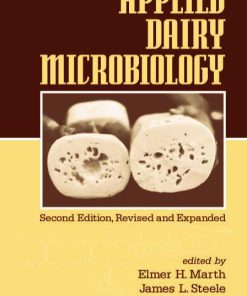Microbial Biotechnology Fundamentals of Applied Microbiology 2nd edition by Alexander N Glazer, Hiroshi Nikaido ISBN 0521842107 978-0521842105
Original price was: $50.00.$25.00Current price is: $25.00.
Authors:Alexander N. Glazer; Hiroshi Nikaido , Series:Microbiology [7] , Tags:Science; Life Sciences; Microbiology; Biotechnology; Molecular Biology; Genetics & Genomics , Author sort:Glazer, Alexander N. & Nikaido, Hiroshi , Ids:9781139465632 , Languages:Languages:eng , Published:Published:Oct 2007 , Publisher:CAMBRIDGE UNIVERSITY PRESS , Comments:Comments:Knowledge in microbiology is growing exponentially through the determination of genomic sequences of hundreds of microorganisms and the invention of new technologies such as genomics, transcriptomics, and proteomics, to deal with this avalanche of information. These genomic data are now exploited in thousands of applications, ranging from those in medicine, agriculture, organic chemistry, public health, biomass conversion, to biomining. Microbial Biotechnology. Fundamentals of Applied Microbiology focuses on uses of major societal importance, enabling an in-depth analysis of these critically important applications. Some, such as wastewater treatment, have changed only modestly over time, others, such as directed molecular evolution, or ‘green’ chemistry, are as current as today’s headlines. This fully revised second edition provides an exciting interdisciplinary journey through the rapidly changing landscape of discovery in microbial biotechnology. An ideal text for courses in applied microbiology and biotechnology courses, this book will also serve as an invaluable overview of recent advances in this field for professional life scientists and for the diverse community of other professionals with interests in biotechnology.

